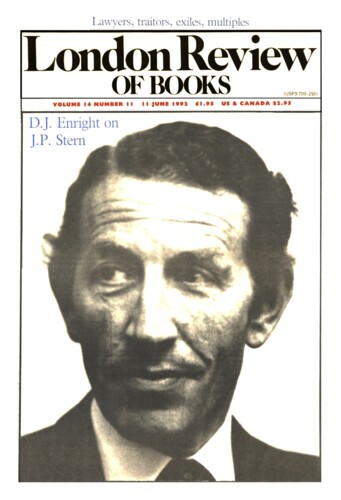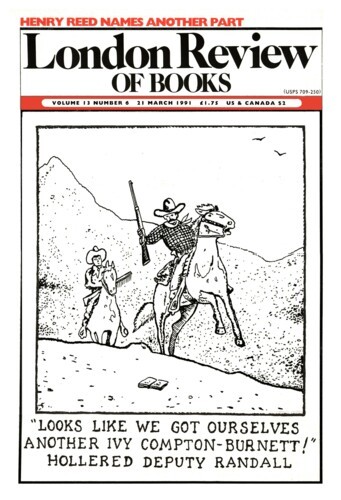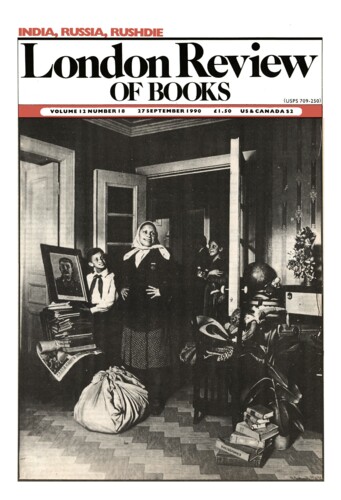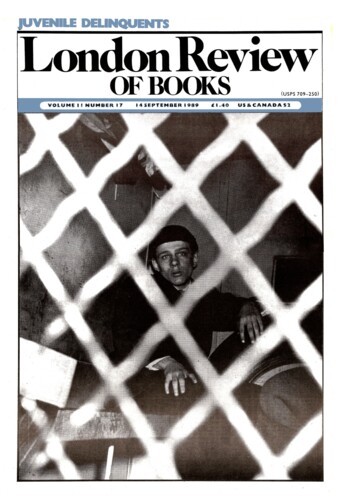A Very Bad Case
Michael Brock, 11 June 1992
This admirable biography answers nearly all the old questions about Herbert Samuel, but raises a few new ones. He was no more a ‘cold and dry person’ than Hugh Gaitskell was ‘a desiccated calculating-machine’. These descriptions, by Lloyd George and Aneurin Bevan respectively, reveal little more than the effects of personal irritation on imaginative Welsh politicians. In his final chapter Professor Wasserstein draws attention to ‘a fundamental innocence’ and ‘supreme intellectual self-confidence’ as two salient features of Samuel’s make-up. These characteristics, allied to immense industry and administrative capacity, invite a comparison with a British statesman of an earlier generation, Sir Robert Peel; and they made, as Peel’s career had shown, a dangerous combination.





